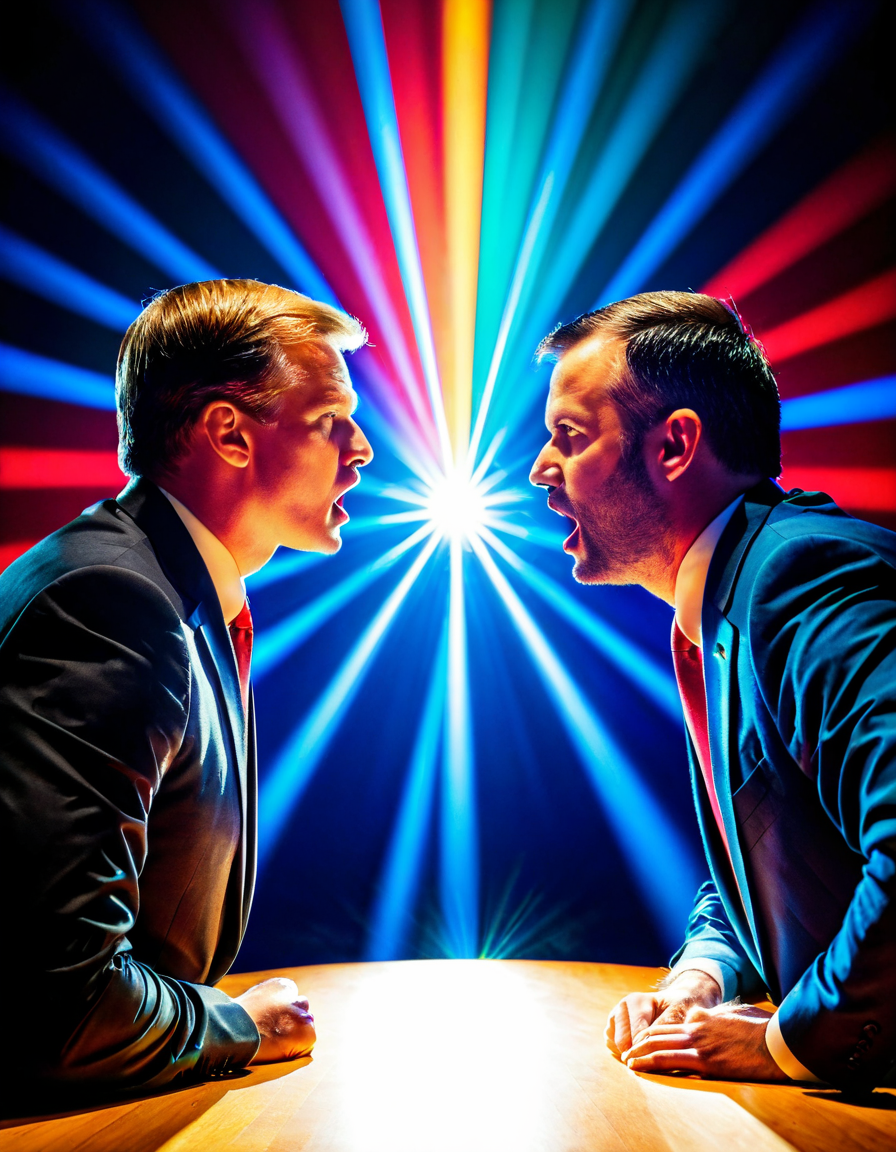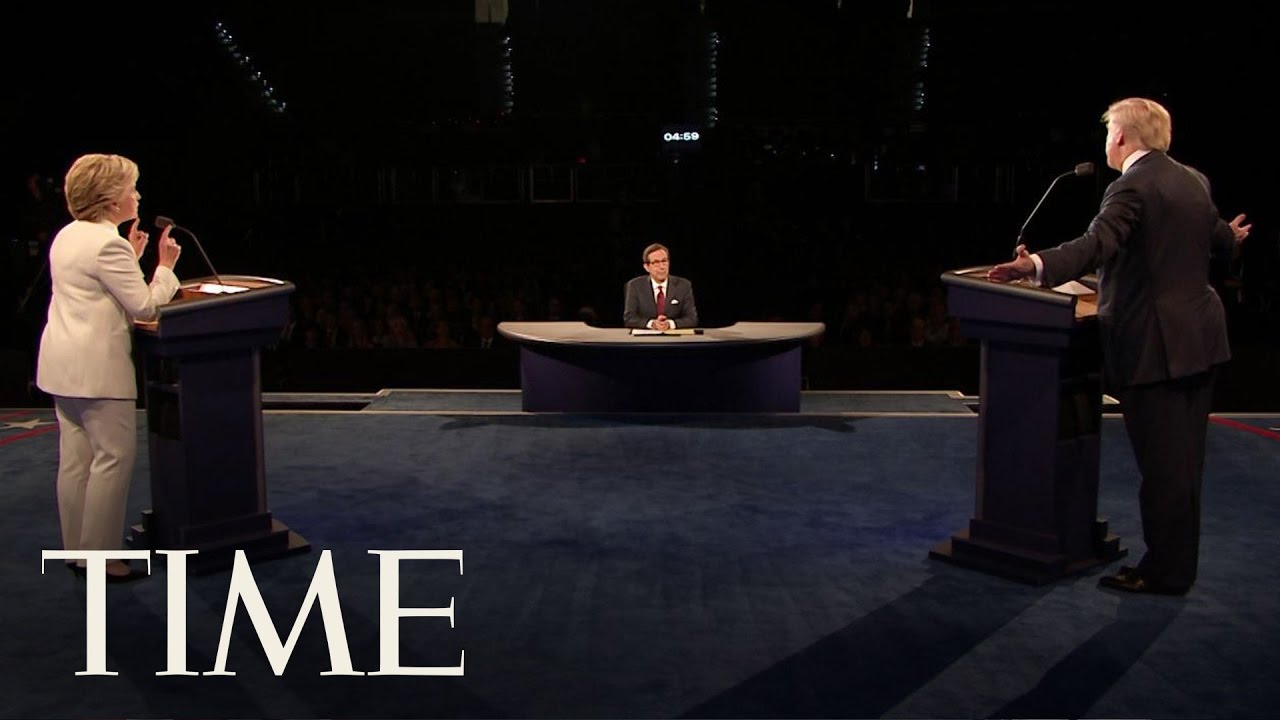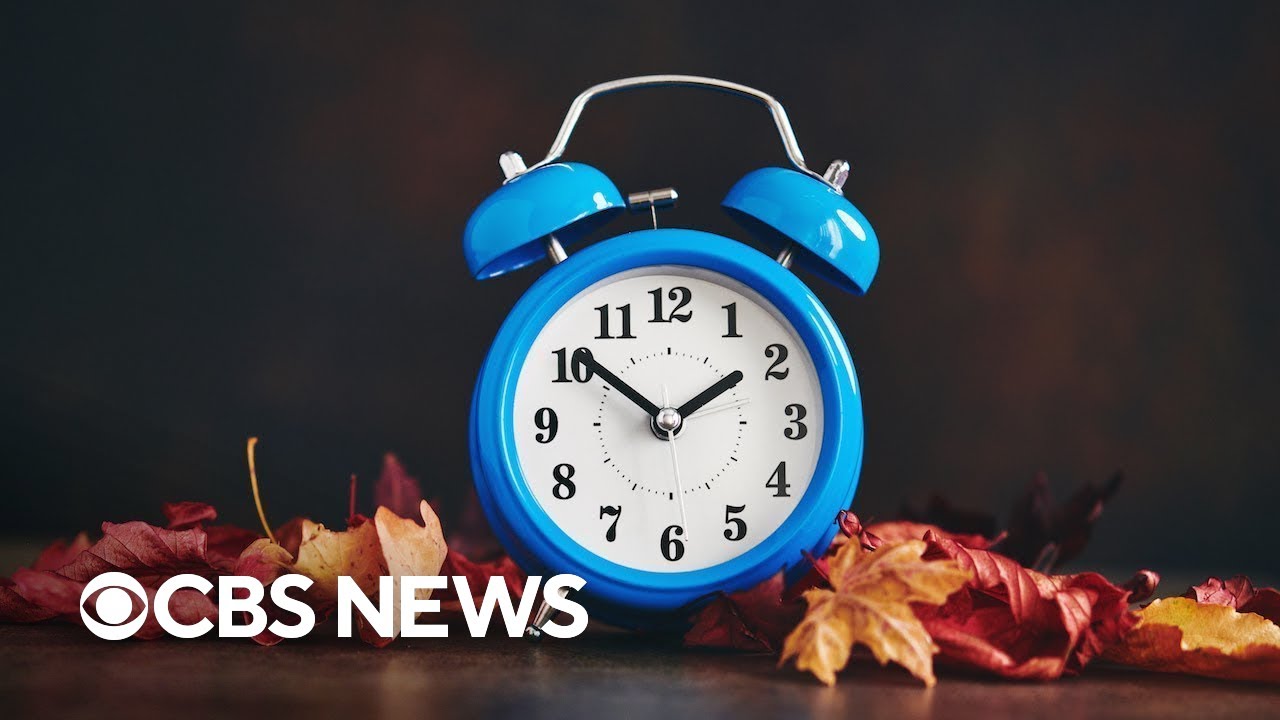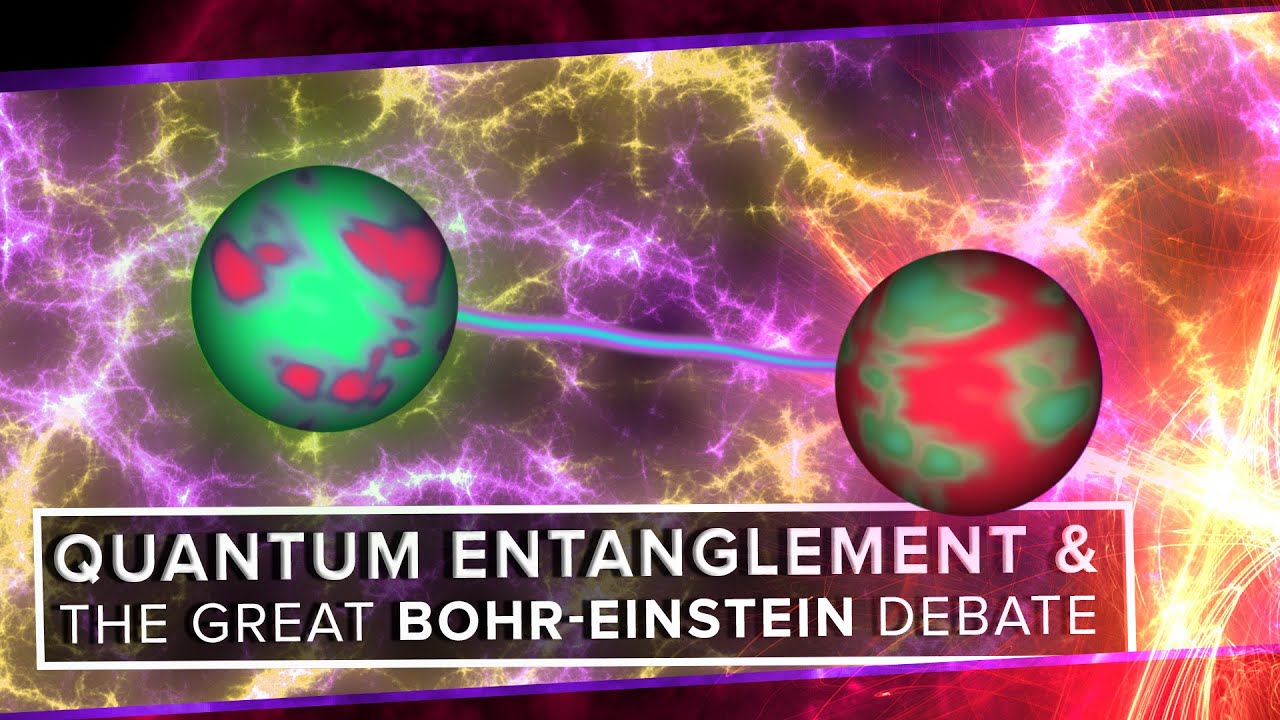From presidential elections to social justice movements, the events referred to as “debate time” aren’t just dialogues; they are transformative occasions that shape how we view issues and policy. The exchanges made during these critical moments help frame public discourse and influence societal changes. Let’s take a deep dive into seven monumental debates that left an indelible mark on opinion and policy, proving how powerful debate time can truly be.
Top 7 Dramatic Showdowns in Debate Time that Changed the Course of History
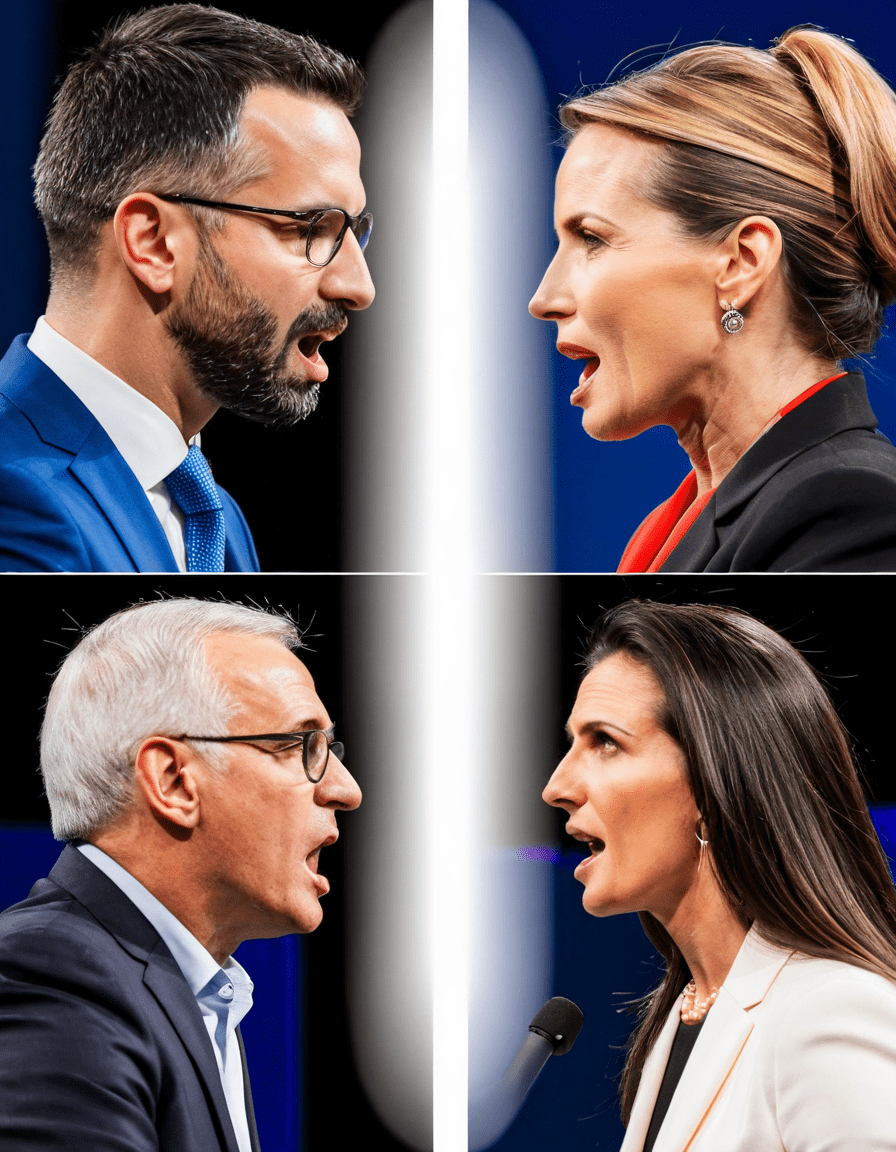
1. The Lincoln-Douglas Debates (1858)
Way back in 1858, long before candidates appeared on live television, Abraham Lincoln and Stephen A. Douglas squared off in a series of seven debates across Illinois. These encounters tackled the fiery issue of slavery, emphasizing the moral and ethical dilemmas of the time. Lincoln’s arguments about human rights resonated deeply, setting him up as a prominent political figure.
The debates spotlighted the complicated notion of popular sovereignty—the idea that residents of territories should decide the slavery question themselves. This exchange not only anchored Lincoln’s reputation but also paved the way for his presidential campaign and ultimately the Emancipation Proclamation. Debates like this have influenced public policy significantly, highlighting how they can serve as platforms for moral reasoning.
2. Kennedy vs. Nixon (1960)
The 1960 presidential debate between John F. Kennedy and Richard Nixon marked a historic shift in political campaigning. This was the first-ever televised debate, and let me tell you, it wasn’t just about the words they exchanged. Politics got a makeover as Kennedy’s charismatic and polished demeanor captured the hearts of viewers, while Nixon, who appeared fatigued and ill-prepared, struggled to keep pace.
Polling data showed a substantial shift in public opinion after the debate, reinforcing the belief that image matters just as much as substance in political candidacies. The way these candidates presented themselves on camera catapulted Kennedy to victory, emphasizing the emerging role of media in shaping political landscapes. This debate time reminded the world how powerful visual representation can be in influencing voting behavior.
3. The Gore-Bush Debates (2000)
In the contentious presidential race between Al Gore and George W. Bush, the debates addressed pivotal issues such as climate change and foreign policy. Gore, with his scientifically detailed approach, was often pitted against Bush’s straightforward, populist approach. This clash of styles produced an essential case study in debate time’s power to spotlight critical issues.
The aftermath of the debates highlighted how public opinion shifted on environmental policies, emphasizing climate change in mainstream discourse. Even today, the ramifications of these debates echo through legislation and political agendas, exemplifying how momentous these political engagements can be in shaping public policies for years to come.
4. The Obama-Romney Debates (2012)
In 2012, Barack Obama and Mitt Romney took to the debate stage against the backdrop of a recovering economy. Their contrasting philosophies—Obama’s support for social welfare programs versus Romney’s push for tax cuts—exposed an increasing divide in American political ideologies. Analysts noted how Obama succeeded by dynamically addressing counterarguments, fortifying his image as a decisive leader.
Romney’s static approach rendered him less adaptable, prompting many undecided voters to lean towards Obama. This debate time served not only as a battleground over economic policy but also as a pivotal moment that illustrated the significance of agility in political discourse. Obama’s performance had lasting effects that reshaped voter sentiment leading to his re-election.
5. The #MeToo Movement’s Impact on Political Debates (2016-present)
While not confined to traditional debate formats, the ongoing discussions surrounding the #MeToo Movement have fundamentally changed the landscape of political accountability. High-profile figures like Brett Kavanaugh faced grueling scrutiny during his confirmation hearings, with public conversations surrounding sexual misconduct coming to the forefront.
This debate time illuminates contemporary societal dialogues that challenge longstanding norms. It has the potential to reshape perspectives around women’s rights and authority in the political arena, pushing vital legislation forward and galvanizing public opinion on gender issues. Such discussions are relentless, urging leaders to confront past behaviors as society becomes increasingly vocal and united.
6. The Climate Debate: Greta Thunberg and World Leaders (2019)
In 2019, Greta Thunberg, then just 16 years old, took the world stage at the United Nations Climate Action Summit, delivering an impassioned call to action that resonated globally. Her powerful words spotlighted the inaction of world leaders and ignited youth activism in climate change discussions.
This moment signifies how debate time transcends traditional forums. Thunberg’s speech encouraged a new generation to challenge complacency among world leaders. Public opinion about climate responsibility shifted dramatically, demonstrating how effective communication can bridge generational gaps, connecting today’s youth with globally critical issues.
7. The 2020 Vice Presidential Debate: Harris vs. Pence
The 2020 vice presidential debate between Kamala Harris and Mike Pence was groundbreaking, marking Harris as the first woman of South Asian descent in a major party’s national debate. Their discussions touched on pressing issues such as healthcare and racial inequality amidst a turbulent climate in American politics.
Harris employed personal narratives to articulate her vision, striking a chord with many viewers. This strategy shifted conversations around gender and race in leadership roles, emphasizing that debates can redefine societal perceptions and encourage wider acceptance, acceptance that challenges traditional boundaries.
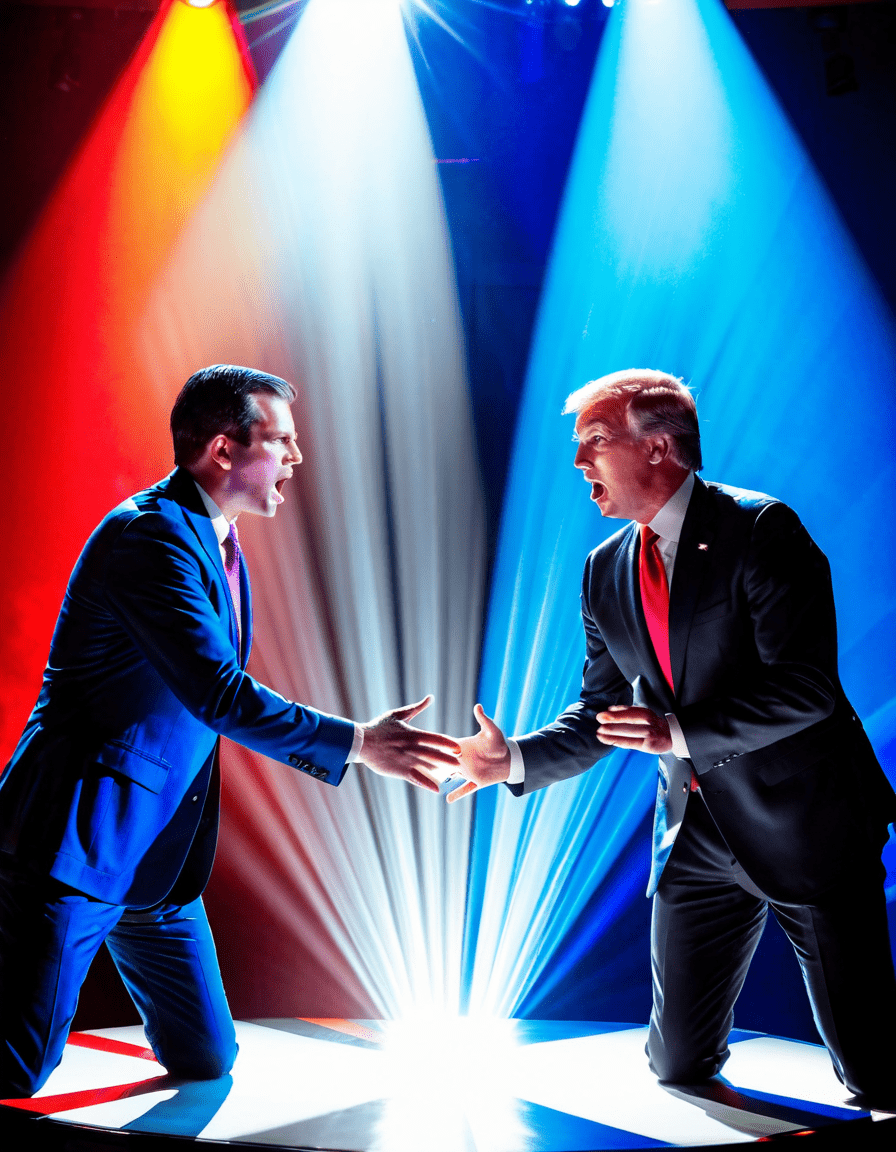
The Ripple Effects of Debate Time on Society
Debate time isn’t just about candidates sparring over policies; it’s about how these pivotal moments influence public opinion, social movements, and legislative agendas. They’ve evolved dramatically over the years from the intense exchanges between Lincoln and Douglas to modern platforms such as televised debates and social media discussions.
As society faces a flood of information, the need for articulate and engaging debates becomes even more crucial. Each exchange serves as a catalyst for societal evolution, challenging outdated norms and driving conversations that matter. Looking ahead, debate time will undoubtedly continue to play a vital role, provoking essential questions and inspiring the next generation to engage deeply with the critical issues of their time.
In conclusion, the art of debate remains a powerful tool for change, revealing necessary conversations and shaping public opinion long after the discussions have ended. Whether on a grand national stage or within grassroots movements, each debate time offers a unique window into the values and priorities that guide society forward, reminding us that every opinion matters.
Debate Time: The Art of Argument and Engagement
The Role of Debate in Shaping Perspectives
Debate time isn’t just for political arenas; it has deep roots in academia and popular culture, influencing how we think and interact. Did you know that the legendary actress Winona Ryder took part in a debate club during her high school days? This fun fact is a reminder that skills honed in debate aren’t limited to the podium; they can also lead to bright futures in unexpected fields like Hollywood! Just like how a solid hammer strength row can build physical muscles, participating in debates strengthens one’s ability to communicate and argue effectively.
Pop Culture Moments and Their Impact
Debates have had their fair share of memorable moments on-screen too. Popular films and shows often depict intense showdowns that mirror real-life debates, sparking discussions among fans. For instance, the way characters grapple with issues can reflect societal debates, much like the talk around the hefty Mike Trout contract that raises eyebrows across sports circles. Engaging in conversation about such topics not only sharpens our individual views but also connects us to broader societal themes. Speaking of societal cravings, did you know that In-N-Out Burger has a secret menu that’s become a topic of debate among food lovers? Who knew fast food could ignite passionate discussions too?
Understanding Opinions and Economics
The art of debate also extends into economics, where discussions about currency like the valor can influence public perception. Such topics often emerge in forums, showcasing how economic debates can shape opinions and even policy. When you think about it, every trip to a supermarket like Pick ‘N Save could unveil economic principles in action, transforming the mundane into the remarkable. And just like every good story, debates can be thrilling and intriguing, drawing us into a world of arguments that engage our minds.
In the end, debate time pushes us to think critically and express our opinions while being open to others’. Whether through popular culture, economics, or personal stories, each debate adds a richer layer to our understanding of the world around us! So, what do you think? Are you ready to join the conversation? Don’t let that spark of curiosity fizzle out; after all, engaging in debate can be as entertaining as discovering a new site like Porncom, which reveals an entirely different angle on modern discourse!
